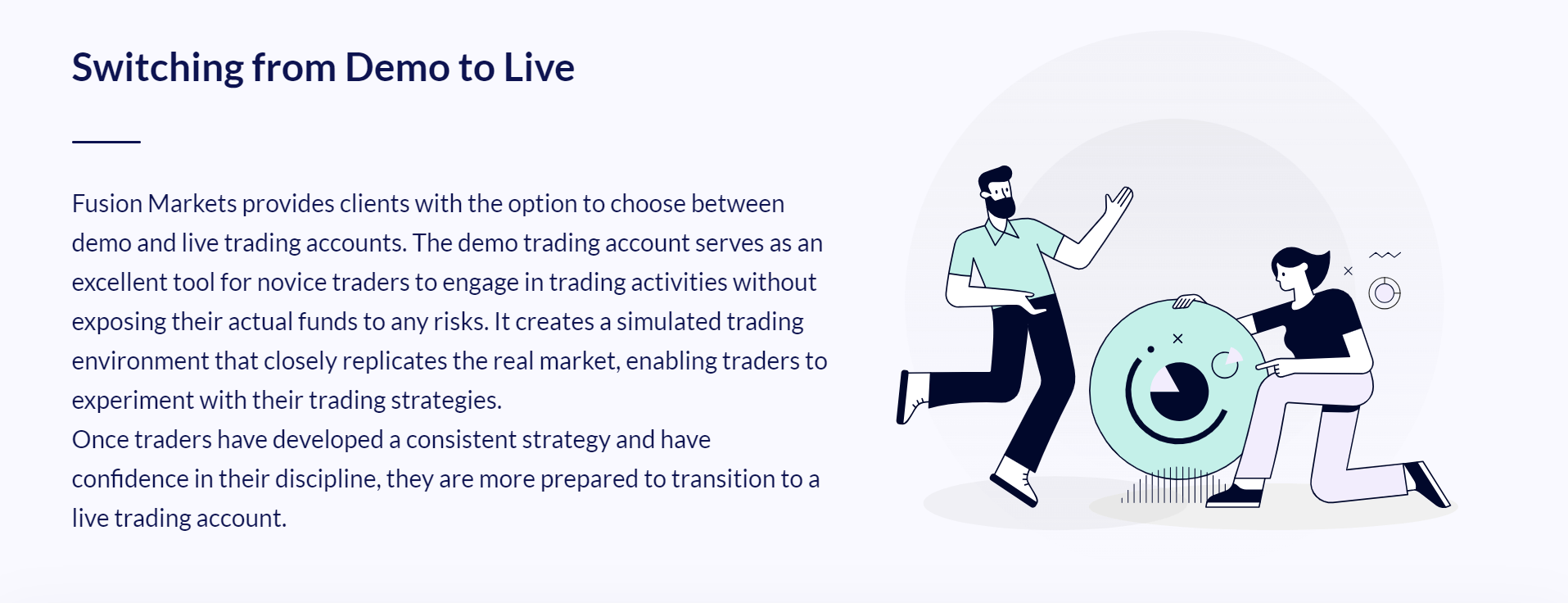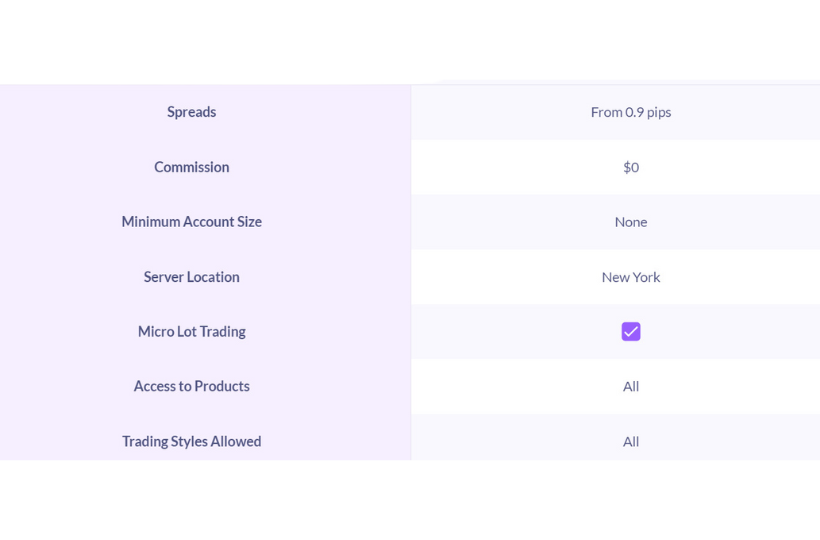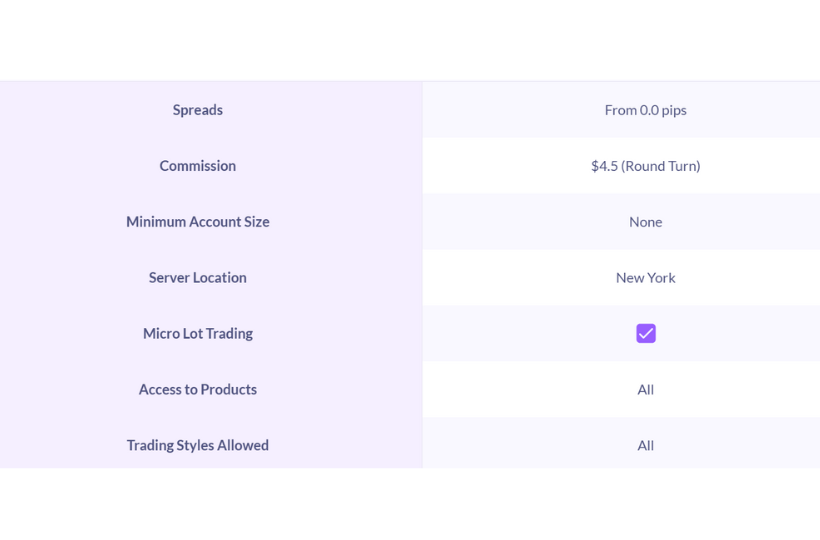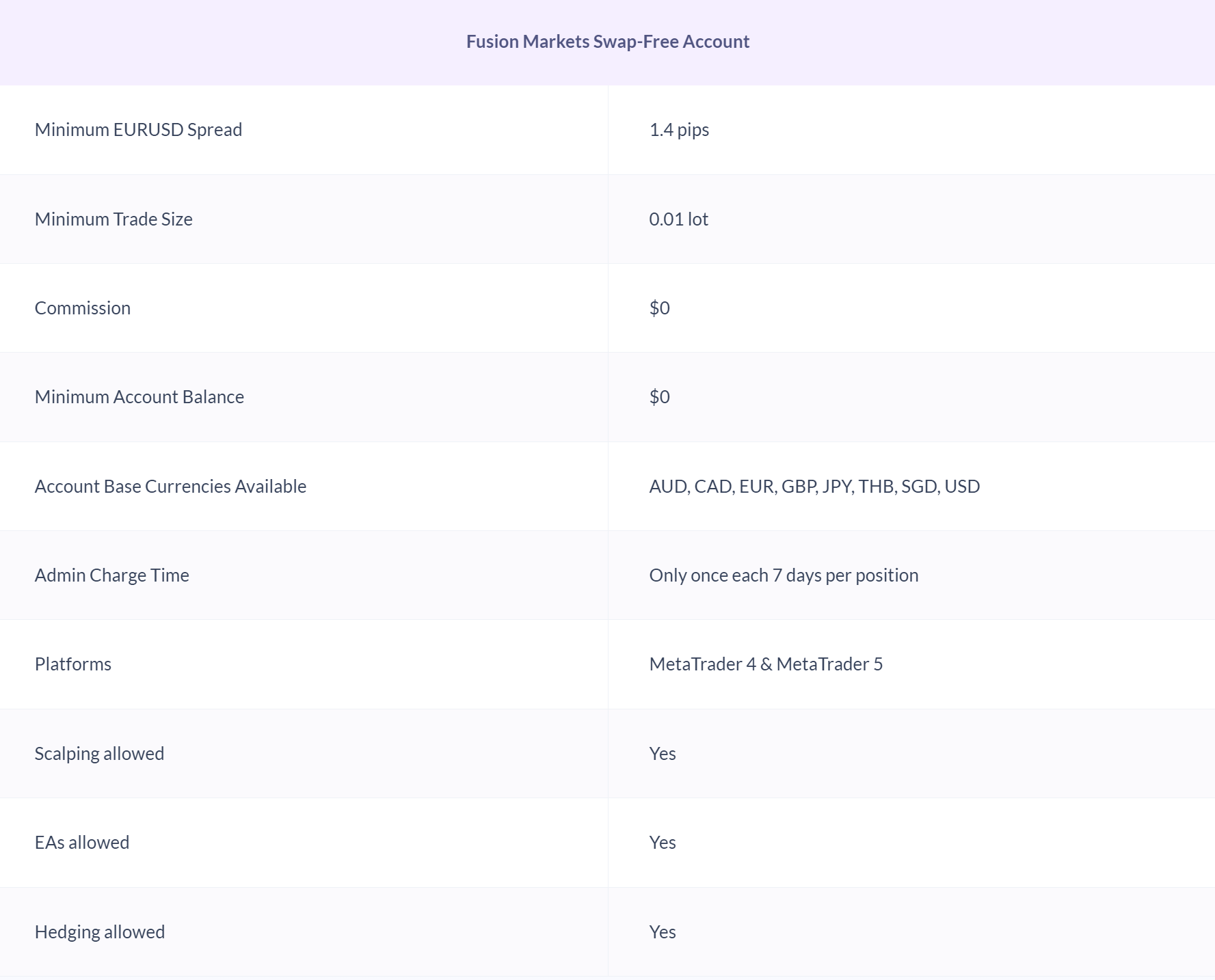เกี่ยวกับเรา
- เราคือใคร
- ทำไมจึงเลือกฟิวชั่น
- รางวัลที่เราได้รับ
- บทความ
- ใบอนุญาต และระเบียบข้อบังคับ
- เอกสารระบุตัวตน
Fusion Markets
Legal
การเทรด
- ภาพรวมผลิตภัณฑ์และบัญชี
- Zero Account
- Classic Account
- Demo Account
- บัญชี Swap Free
- ฟอเร็กซ์
- โลหะ
- ดัชนี
- พลังงานและผลิตภัณฑ์จากการเพาะปลูก
- เงินดิจิทัล
- CFD หุ้นสหรัฐ
- เงื่อนไขการเทรด
- ตัวเลือกการฝาก
- เครื่องคำนวณการเทรด
- ค่าสเปรด Forex และ CFD
- ตัวเลือกการถอน
- ปฏิทินเศรษฐกิจ
- เครื่องมือการเทรด
- Fusion+ Copy Trading
- Sponsored VPS
ผลิตภัณฑ์ & บัญชี
ตลาด
ทรัพยากร
แพลตฟอร์มและเครื่องมือ
- MetaTrader 4
- MT4 Mobile Apps
- WebTrader for MT4
- MetaTrader 5
- TradingView
- TradingView สำหรับมือถือ
- cTrader Desktop
- cTrader Mobile
- cTrader Web
- Multi Account Manager
- DupliTrade
MetaTrader 4/5
TradingView
cTrader
More Platforms
ร่วมงานกับเรา
ช่วยเหลือ
- ติดต่อเรา
- คำถามที่พบบ่อย
ช่วยเหลือ




